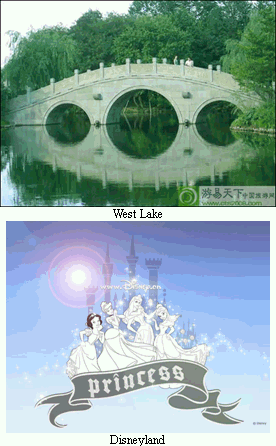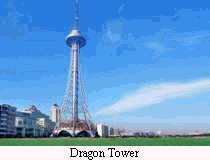题目内容
阅读理解。
It has been proved that a child’s social(交际的) development has a deep effect on his progress in
his lessons. Children who have trouble getting along with their classmates can end up behind others
and have a great chance of stopping school. In the early grades especially children should be encouraged
to work in groups rather than alone so that teachers can spot those who have problems making friends
and then do with it. “When children work on a task”, says Education Professor Lillian Katz from
University of Illinois, “they learn to work together, to disagree, to cooperate(合作), to take turns.
These skills can’t be learned in class. We all know people who have wonderful technical skills but
don’t have any social skills.”
At certain age, children are also learning to judge themselves in relation(关系) to others. For most
children, school is an entirely new place, outside world. Just as the 1-year-old children learn to walk,
the 6-year-old children are working hard to meet their parents’ wishes. “Young children don’t know
how to tell the difference between hard work and ability,” says a researcher of early childhood
education. “If they try hard to do something and fail, they may decide that they will never be able to
finish a kind of task. The effects of comparison(比较) such as putting their marks on the wall can
be serious”, says Hills. “If a child’s confidence(信心)is broken, he needs special help.”
his lessons. Children who have trouble getting along with their classmates can end up behind others
and have a great chance of stopping school. In the early grades especially children should be encouraged
to work in groups rather than alone so that teachers can spot those who have problems making friends
and then do with it. “When children work on a task”, says Education Professor Lillian Katz from
University of Illinois, “they learn to work together, to disagree, to cooperate(合作), to take turns.
These skills can’t be learned in class. We all know people who have wonderful technical skills but
don’t have any social skills.”
At certain age, children are also learning to judge themselves in relation(关系) to others. For most
children, school is an entirely new place, outside world. Just as the 1-year-old children learn to walk,
the 6-year-old children are working hard to meet their parents’ wishes. “Young children don’t know
how to tell the difference between hard work and ability,” says a researcher of early childhood
education. “If they try hard to do something and fail, they may decide that they will never be able to
finish a kind of task. The effects of comparison(比较) such as putting their marks on the wall can
be serious”, says Hills. “If a child’s confidence(信心)is broken, he needs special help.”
1. The writer seems to think if a child gets on poorly with his classmates, it will _______.
A. have a bad effect on his study
B. develop his independence
C. make him stop attending school
D. increase his progress in lessons
B. develop his independence
C. make him stop attending school
D. increase his progress in lessons
2. The underlined word “spot” means _______.
A. teach
B. help
C. treat
D. find
B. help
C. treat
D. find
3. For most children, school makes them understand _______.
A. that social needs and their own needs are different
B. how they can meet social needs and parents’ needs
C. that one’s hard work and ability can be two quite different things
D. that it is society not they themselves that decides their future
B. how they can meet social needs and parents’ needs
C. that one’s hard work and ability can be two quite different things
D. that it is society not they themselves that decides their future
4. Which of the following does a student need most according to the passage?
A. Independence and cooperation.
B. Success in lessons and independent thought.
C. Ability and technical skills.
D. Socialization and confidence
B. Success in lessons and independent thought.
C. Ability and technical skills.
D. Socialization and confidence
1--4 ADCD

练习册系列答案
 阅读快车系列答案
阅读快车系列答案
相关题目
| |||||||||||||||||||||||||||||||||||||||||||||||||||||||||||




